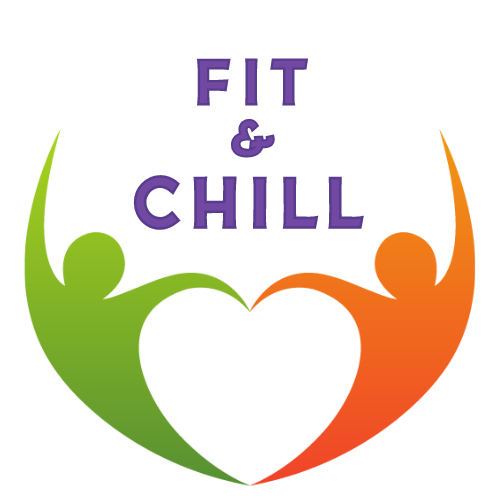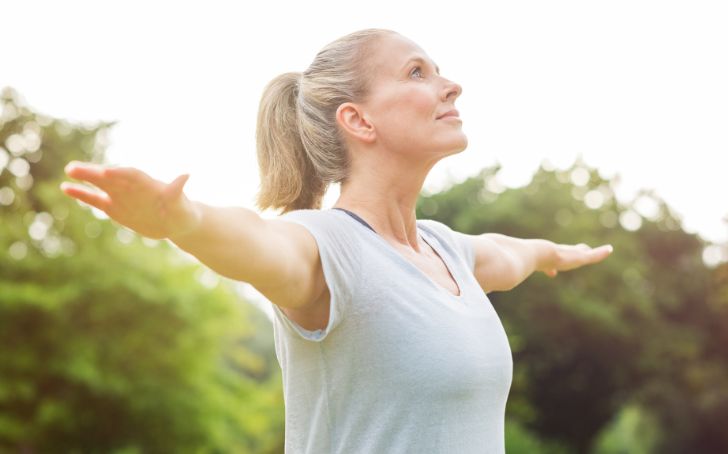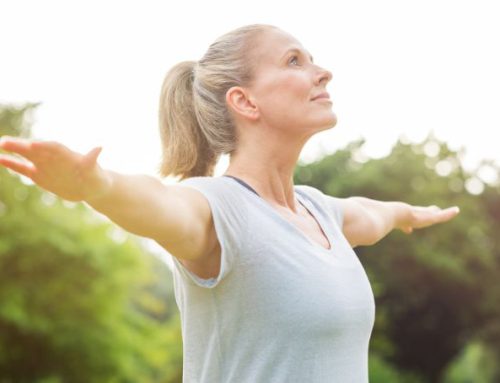Step by Step Guide
- Starting Position:
- Sit on the floor with your knees bent and feet flat on the ground, hip-width apart.
- Place your hands on the floor slightly behind your hips, fingers pointing towards your feet, to support your upper body.
- Engage Core Muscles:
- Engage your core by drawing your navel towards your spine and pressing your lower back into the floor.
- Keep your chest lifted and shoulders relaxed throughout the exercise.
- Extend Legs Outwards:
- Begin by lifting your feet off the ground and extending your legs straight out in front of you.
- Keep your knees slightly bent if needed to maintain comfort and control.
- Bring Knees Inwards:
- From the extended position, quickly bend your knees and draw them towards your chest, bringing them as close as possible to your body.
- Keep your upper body stable and your core engaged throughout the movement.
- Return to Starting Position:
- Extend your legs back outwards to the starting position, keeping them lifted off the ground.
- Maintain control and avoid letting your feet touch the ground between repetitions.
- Repeat the Movement:
- Continue alternating between extending your legs outwards and bringing your knees inwards in a controlled and rhythmic motion.
- Maintain Breathing:
- Breathe steadily throughout the exercise, inhaling as you extend your legs out and exhaling as you bring your knees in.
Benefits of The Seated In & Out
- Core Strengthening: Seated In & Out targets the entire abdominal region, including the lower abs, helping to strengthen and tone the core muscles.
- Flexibility Improvement: The dynamic movement of extending and bending the legs helps improve flexibility in the hip flexors and lower body muscles.
- Stability Enhancement: This exercise challenges stability and balance, especially in the core and hip region, leading to improved overall stability and coordination.
- Calorie Burning: Seated In & Out is a high-intensity exercise that can help increase calorie expenditure and promote weight loss when incorporated into a comprehensive workout routine.
Tips for Beginners:
- Start Slowly: Beginners should begin with a slower pace and smaller range of motion to focus on proper form and technique.
- Focus on Control: Concentrate on maintaining control and stability throughout the exercise, rather than speed.
- Modify as Needed: If lifting both legs off the ground is too challenging, start by alternating between extending one leg at a time, or keep your feet lightly touching the ground for added support.
- Engage Core Muscles: Keep the core muscles engaged throughout the exercise to support the spine and protect against lower back strain.



Leave A Comment